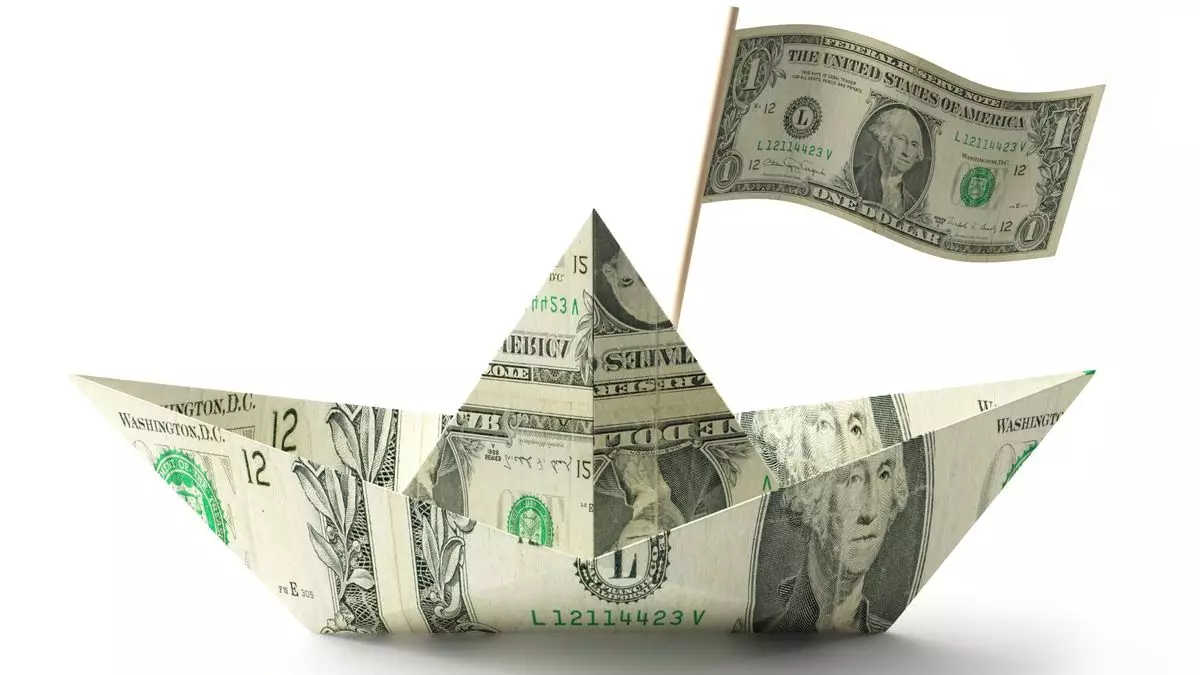The cruise industry finds itself at a crossroads in the wake of recent political statements regarding taxation reform. Following comments made by U.S. Secretary of Commerce Howard Lutnick, cruise line stocks saw a notable decline, raising concerns among investors and analysts alike. Lutnick’s assertion that the cruise industry does not contribute to American tax revenues has sparked a heated debate about the legitimacy and feasibility of altering the taxation structure for cruise ships operating in U.S. waters. While the rhetoric may seem straightforward, the reality of implementing such reforms is far more intricate.
The cruise industry’s taxation dilemma is not a new phenomenon. In fact, it has been a recurring subject in political discourse for over a decade. Analysts like Steven Wieczynski from Stifel have observed that similar claims about reforming the tax code for cruise lines have been made numerous times in the past, yet little progress has been achieved. The complexities involved stem from a combination of legislative hurdles, the nature of the cruise business, and long-standing tax agreements that date back to the early 20th century.
Since 1921, foreign-flagged vessels visiting U.S. ports have enjoyed specific tax exemptions, which have been mirrored in U.S. tax policy for American-flagged ships traveling abroad. This reciprocity is deeply embedded in international maritime law and has historically shielded the cruise industry from significant taxation. Any attempt to modify this system would not only disrupt the cruise sector but also the broader cargo shipping industry, making tax reforms considerably more complicated.
The economic implications of taxing cruise ships are considerable. Many states, such as Florida and Alaska, heavily rely on revenue generated by the cruise industry, with thousands of jobs and local economies tied to this sector. If Congress were to pursue a tax overhaul that penalizes foreign-flagged cruise ships, it would likely provoke resistance from Republican lawmakers representing these states, thereby complicating the legislative process.
Additionally, while Lutnick claimed that the cruise industry contributes little to U.S. tax revenues, organizations like the Cruise Lines International Association (CLIA) assert that cruise lines pay approximately $2.5 billion annually in taxes and fees within the U.S. This amount constitutes 65% of total taxes paid by cruise lines globally, despite their limited time spent within U.S. maritime boundaries. A delicate balancing act will be necessary to ensure that potential tax regulations do not stifle an industry essential to many communities’ economic well-being.
One major aspect of the discussion surrounding cruise taxation revolves around the flags under which these ships operate. The vast majority of cruise ships are registered under foreign flags, primarily for economic reasons. U.S. shipyards currently lack the capacity to build large cruise ships, and employing an entirely American crew would significantly inflate operational costs for cruise companies. Proclamations to enforce a shift toward U.S. flags may appeal to patriotic sentiments but may ultimately prove impractical and harmful to the industry’s viability.
Furthermore, the issue of taxation cannot be isolated from ongoing discussions about labor practices, economic accessibility, and international trade. The complexities of such a tax reform mean policymakers must weigh the impacts on consumers, local economies, and the global nature of the cruise industry.
While calls to reform the tax structure governing the cruise industry may resonate with certain political factions, the practical implementation of such changes is fraught with challenges. The historical context, economic implications, and logistical realities present formidable obstacles that require careful consideration. As the debate evolves, it will be crucial for analysts, lawmakers, and industry stakeholders to engage in constructive dialogue that acknowledges the multifaceted nature of this issue. With a responsible approach, the potential for meaningful outcomes that respect the integrity of both the cruise industry and U.S. tax policy could emerge from this ongoing discourse.
- The Rise of Aberlour 18: A Triumph in the World of Scotch - June 24, 2025
- The Departure of Captain Kate McCue: A New Chapter Begins - June 24, 2025
- Transforming Travel: The Promising Future of NDC Adoption in the Aviation Sector - June 24, 2025


Leave a Reply